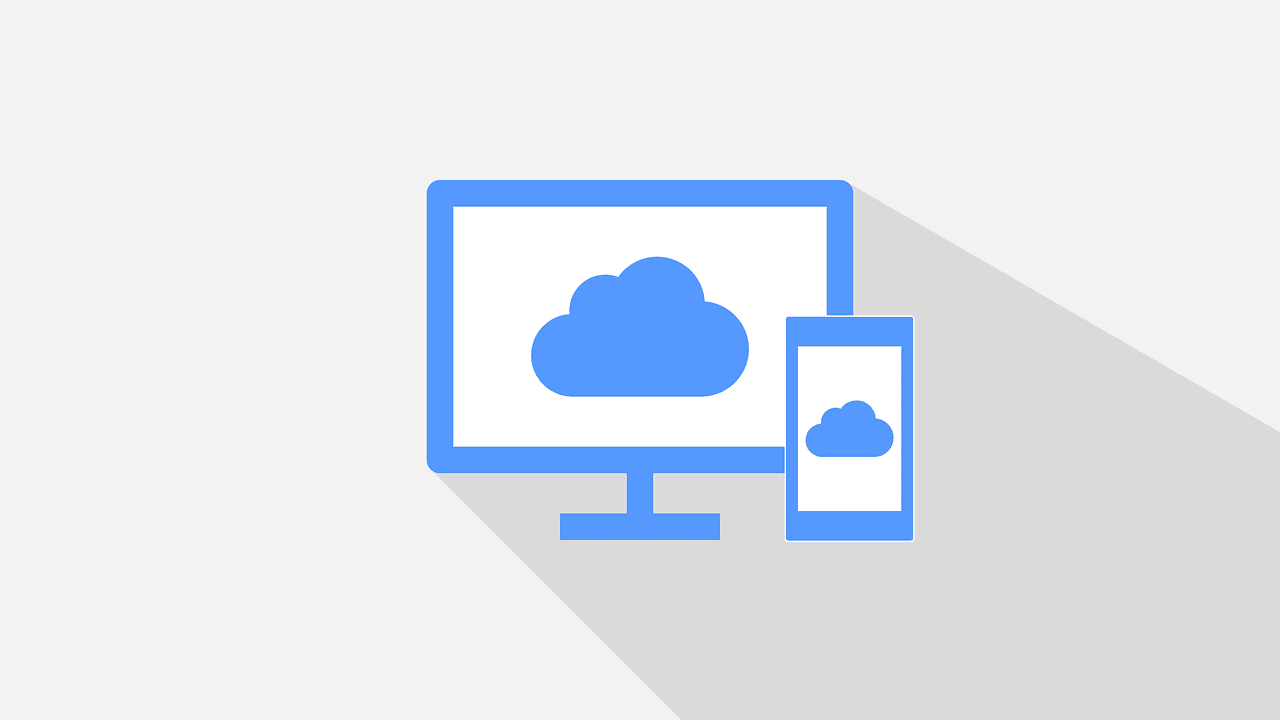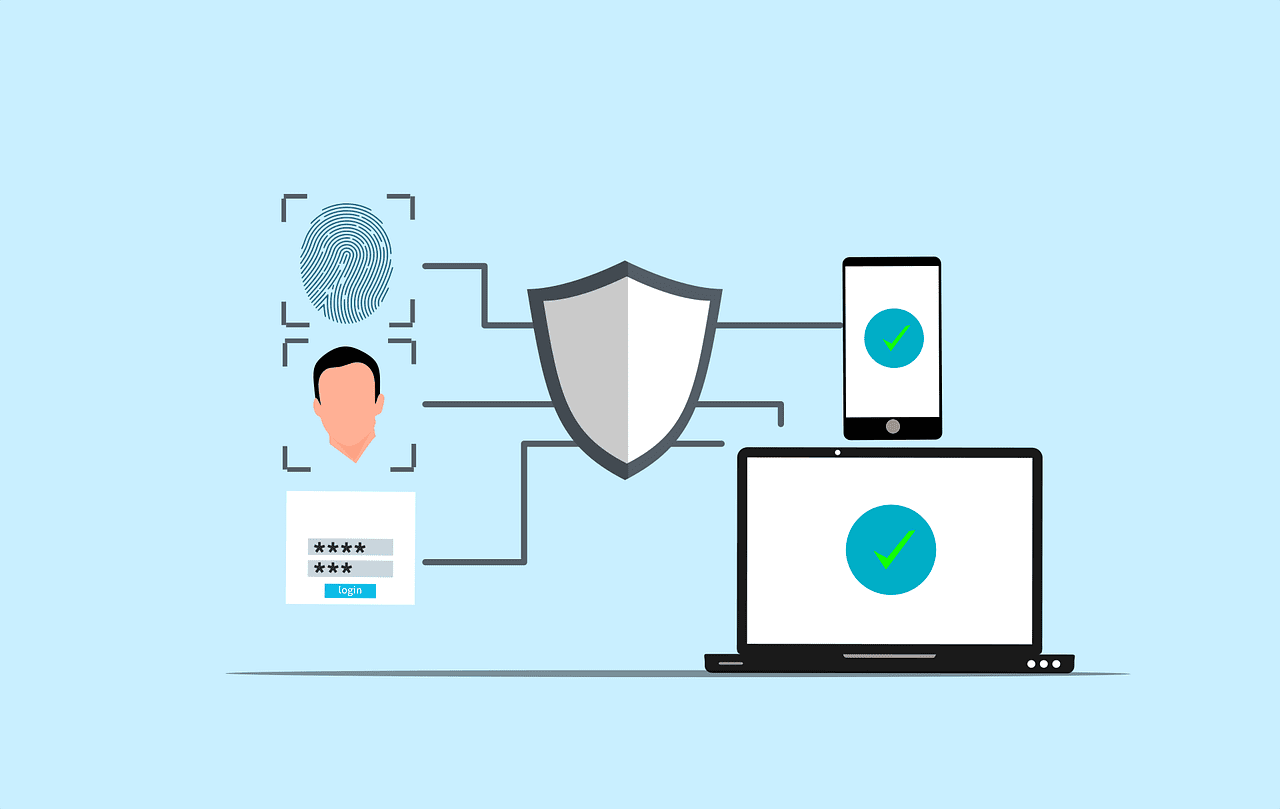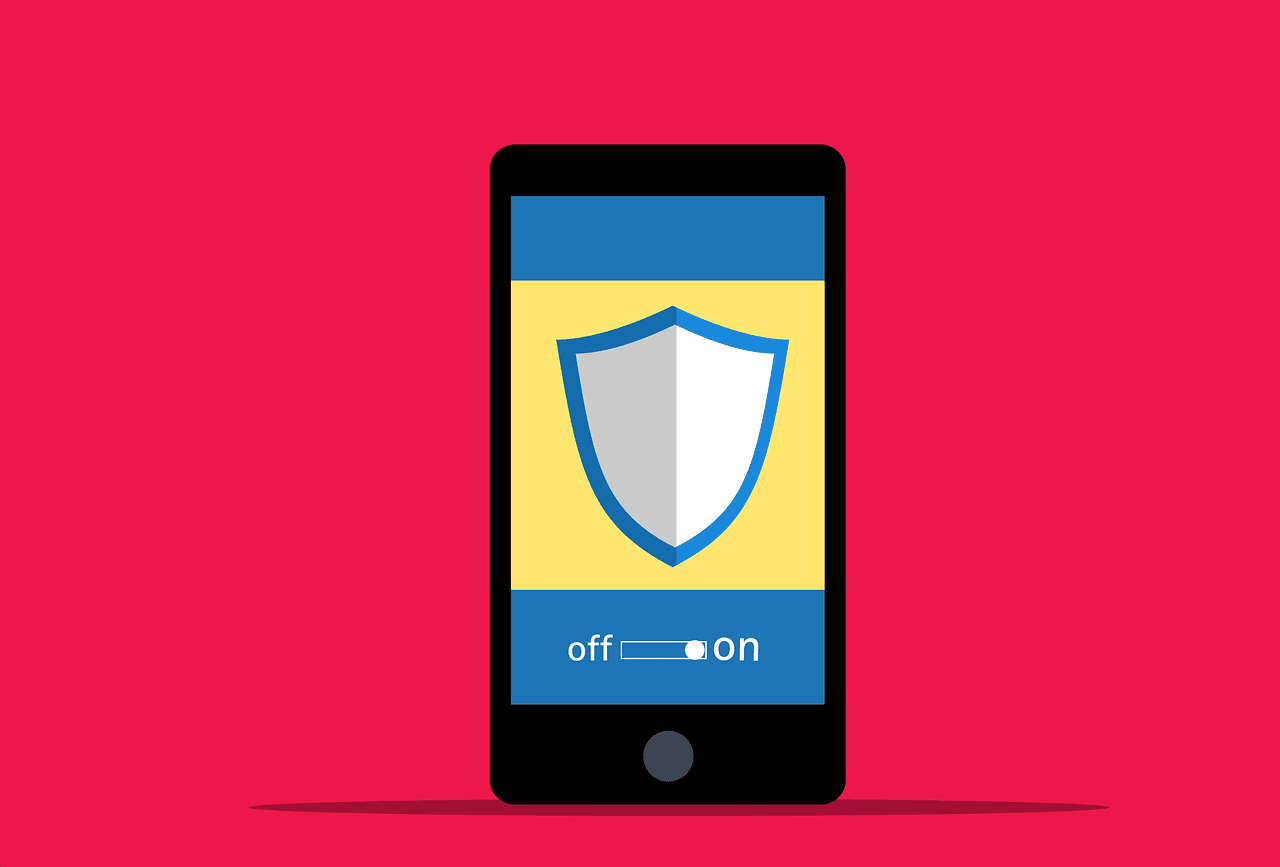
Cyber Insurance vs Cyber Security: Does Your Business Need Both to Be Protected?
Properly protect your business against unseen threats by learning the ins and outs of cyber insurance vs cyber security. Here’s how we approach the topic with our cyber security services clients.
Insurance exists to protect any variety of assets: home, auto, motorcycle, even our lives. As a business owner, you need cyber insurance to protect your business. It’s important to have a solid understanding of everything cyber insurance covers, and what it doesn’t. Armed with the right amount of knowledge and IT support, you can protect your business and prevent harmful attacks from unseen threats.
Weighing Cyber Insurance vs Cyber Security?
If you’re trying to decide between these two security measures, it’s important to understand what each is. Cyber insurance mitigates the effects of a cyber security incident and covers the cost of recovery from such occurrences. There are two types of cyber insurance coverage:
- First-party coverage covers reimbursable expenses incurred after a cyber security incident.
- Third-party coverage covers expenses incurred from lawsuits that result from a cyber security breach.
Each policy is different and may cover a variety of occurrences: losses during downtime, fines from compliance gaps, software updates, hardware installation, property damage and more. It’s important to read the fine print so you know exactly what is and isn’t covered. Make sure each component of your policy is laid out in your contract, or you may end up with insufficient coverage after a cyber attack.
Types of Cyber Insurance
There are three main types of cyber insurance that you should know and understand:
Network security insurance is a type of first-party coverage also known as data breach insurance. It covers your business in the instance of a data breach, malware infection, cyber extortion demand, ransomware attack or phishing scam. Costs that may be covered include:
- Repairs to hardware and software
- Investigations
- Data restoration
- Customer notification
- Credit monitoring for those impacted
- Ransomware payment
Cyber crime costs insurance is also a type of first-party coverage that deals with losses as a direct result of cyber crime and fraud. It covers financial situations that involve criminally hacked accounts and social engineering hacks.
Cyber liability insurance is a type of third-party coverage. Also known as privacy liability coverage, this insurance covers your business in case someone impacted by a data breach files a lawsuit. A case could be brought by a customer or an employee whose leaked data was protected by compliance regulations. It could also be brought by a governmental organization. Cyber liability insurance may cover attorney fees, settlements, judgements and regulatory fines.
Cyber insurance does not eliminate the need for cyber security. When you buy a policy, you agree to do everything in your power to avoid incidents that would result in a loss of company profits and expenditures.
What Insurance Doesn’t Cover
- Future loss of profit
- Loss of value due to theft of intellectual property
- Systems upgrade costs
- Prevention of cyber attack
What Is Cyber Security?
Cyber security is the practice of defending electronic devices, networks and data from malicious attacks. Having cyber security measures in place for your business strengthens protection against unseen threats and closes the gaps not covered by cyber insurance. A growing trend among insurance companies offering cyber insurance is the requirement of businesses to have certain cyber security measures in place. One such example is multi-factor authentication (MFA), which grants a user access to a website or application only after two or more pieces of identifying information are provided via a method of authentication.
In the end, the decision of cyber insurance vs cyber security is simple: You need both to protect and prevent. Protect company assets with cyber insurance. Prevent criminal attacks with cyber security. Still uncertain about the best way to protect your business? Contact ArcLight Group today and let’s talk.
Share the Knowledge
Managed Service Provider CHECKLIST
Land on the best IT solutions partner for your needs with this easy-to-follow, one-page download.










